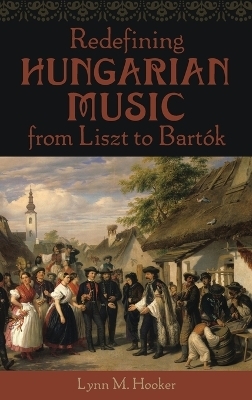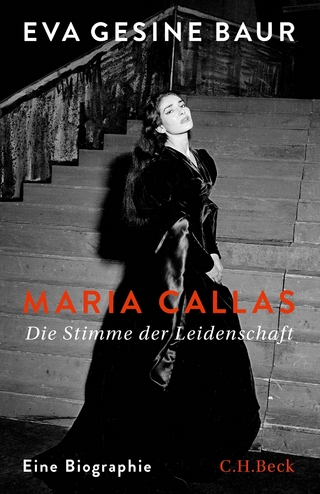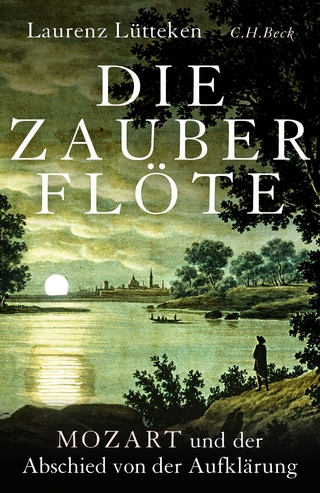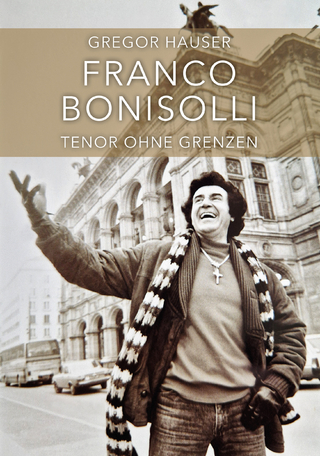
Redefining Hungarian Music from Liszt to Bartók
Oxford University Press Inc (Verlag)
978-0-19-973959-2 (ISBN)
Redefining Hungarian Music from Liszt to Bartók traces the historical process that defined the conventions of Hungarian-Gypsy style. Author Lynn M. Hooker frames her study around the 1911 celebration of Liszt's centennial. In so doing, she analyzes Liszt's problematic role as a Hungarian-born composer and leader of Hungarian art music who spent most of his life outside of Hungary and questioned whether Hungary's national music was more the creation of Hungarians or Roma (Gypsies). The themes of race and nation that emerge in the discussion of Liszt are further developed in an analysis of discourse on Hungarian national music throughout the Hungarian press in the late nineteenth and early twentieth centuries. Showing how the "discovery" of "genuine" folk music by Bartók and Kodály, often depicted as a purely "scientific" matter, responds directly to concerns raised by earlier writers about the "problem of Hungarian music," Hooker argues that the innovations of Bartók and Kodály and their circle are not so much in correcting a flawed concept of the national as in using the idea of national authenticity to open up freedom for composers to explore more stylistic options, including the exploration of modernist musical language. Meticulously researched and elegantly written, Redefining Hungarian Music from Liszt to Bartók is essential reading for musicologists, musicians, and concertgoers alike.
Lynn M. Hooker serves as Associate Professor of Hungarian Studies at Indiana University, where she is also affiliated faculty in Musicology and Ethnomusicology. She received her PhD in the History and Theory of Music from the University of Chicago. She lives in Bloomington with her husband and two children.
List of figures ; List of tables ; List of musical examples ; Acknowledgements ; Introduction ; Chapter 1. Rhapsody on Hungarian Themes: The Development of Hungarian Art and Music in Historical Context from the Reform Era to World War I ; Chapter 2. The Liszt centennial and Liszt's legacy in Hungarian musical life ; Chapter 3. From Gypsies to peasants: Race, nation, and modernity ; Chapter 4. Writing Hungarian Music: Genre, Motive, Spirit ; Chapter 5. Cosmopolitan Nationalist Modernism: Promoting and Composing Modern Hungarian Music ; "Liszt is ours!" vs. "Liszt problems": An Epilogue ; Appendix. Biographical Notes ; Selected Bibliography
| Zusatzinfo | 6 halftones, 36 music examples, 8 tables |
|---|---|
| Verlagsort | New York |
| Sprache | englisch |
| Maße | 236 x 160 mm |
| Gewicht | 624 g |
| Themenwelt | Kunst / Musik / Theater ► Musik ► Klassik / Oper / Musical |
| Kunst / Musik / Theater ► Musik ► Musiktheorie / Musiklehre | |
| Kunst / Musik / Theater ► Musik ► Pop / Rock | |
| Geisteswissenschaften ► Geschichte ► Regional- / Ländergeschichte | |
| ISBN-10 | 0-19-973959-5 / 0199739595 |
| ISBN-13 | 978-0-19-973959-2 / 9780199739592 |
| Zustand | Neuware |
| Haben Sie eine Frage zum Produkt? |
aus dem Bereich


